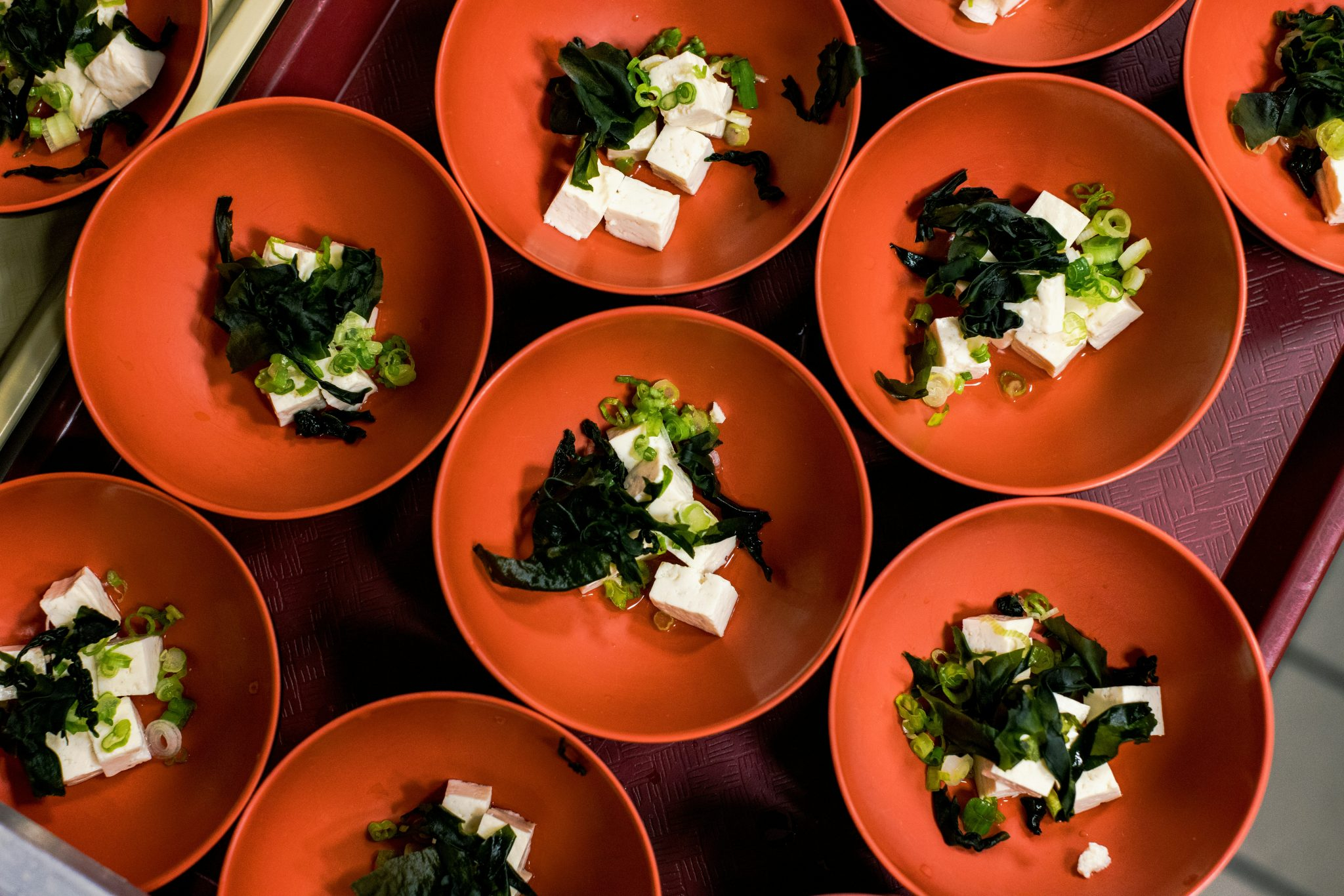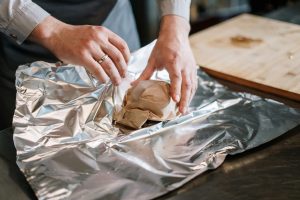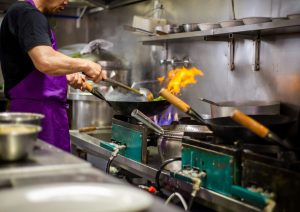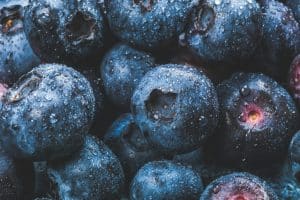Cooking Competition Nutrition: Fueling Bodies for High-Performance Culinary Events
Cooking competitions are not only tests of culinary skills and creativity, but also of physical endurance and stamina. Not many people realize the physical demands of participating in a cooking competition, where chefs are required to cook for hours, often without breaks. The intense pressure to create the perfect dish can take a toll on the body, leaving chefs exhausted and drained. This is where nutrition plays a crucial role in ensuring high-performance in these culinary events. In this article, we’ll dive into the world of cooking competition nutrition and how chefs can fuel their bodies for success.
Understanding the Physical Demands of a Cooking Competition
A cooking competition is not your average cooking experience. It involves a combination of physical and mental challenges that require excellent hand-eye coordination, dexterity, and stamina. The long hours spent standing, chopping, stirring, and plating can be physically taxing, especially when paired with the stress and pressure of competing against other talented chefs.
The heat of the kitchen only adds to the physical demands, making it even more crucial for chefs to properly fuel their bodies. Just like athletes, chefs need to carefully consider their nutrition to perform at their best during a cooking competition.
The Role of Nutrition in High-Performance Culinary Events
Nutrition is the foundation for optimal physical and mental performance. Without the right fuel, a chef’s body and mind may not be able to keep up with the intensity of a cooking competition. Nutrition affects everything from energy levels and focus to hand-eye coordination and muscle endurance.
Proper nutrition can also help prevent common issues faced by chefs during competitions, such as fatigue, cramping, and dehydration. By providing the body with the right nutrients, chefs can give themselves a competitive edge and increase their chances of success.
Fueling the Body with the Right Foods
Carbohydrates
Carbohydrates are the body’s primary source of energy and are essential for chefs to sustain their physical and mental output during a cooking competition. Complex carbohydrates, such as whole grains, fruits, and vegetables, provide sustained energy and should make up a significant portion of a chef’s pre-competition meal. Simple carbohydrates, such as fruits or energy gels, can also be useful during the competition to quickly boost energy levels.
Protein
Protein is essential for muscle repair and growth, making it crucial for chefs who are putting their bodies through intense physical activity. Including protein-rich foods, such as lean meats, fish, legumes, and tofu, in pre-competition meals can help sustain muscle strength and endurance during the event.
Fat
While fat often gets a bad rap, it is an essential macronutrient for overall health and performance. High-quality fats, such as avocados, nuts, and olive oil, provide sustained energy and can help with brain function and focus. Including healthy fats in pre-competition meals can also help prevent hunger cravings and keep chefs satisfied throughout the event.
Staying Hydrated and Focused
Water is often overlooked when it comes to performance nutrition, but it is vital for keeping the body hydrated and functioning at its best. Chefs should make sure to drink plenty of water before and during the competition to prevent dehydration and maintain focus. Adding electrolytes to their water can also help replenish essential minerals lost through sweating.
Timing is Key
Timing is critical when it comes to pre-competition nutrition. Chefs should aim to eat a well-balanced meal about 2-3 hours before the event to give their body enough time to digest and absorb the nutrients. This will help prevent sluggishness and keep chefs energized throughout the competition.
During the event, chefs can also fuel their bodies with small, nutrient-dense snacks, such as energy balls, fruit, or protein bars. This will help sustain energy levels and prevent hunger cravings without causing discomfort while cooking.
In Conclusion
Cooking competitions are intense and demanding events that require both culinary skill and physical endurance. Proper nutrition is crucial for chefs to perform at their best and increase their chances of success. By understanding the physical demands of a cooking competition and fueling the body with the right foods, chefs can ensure high-performance and achieve culinary greatness.
So, the next time you see a cooking competition, remember that it’s not just about the dish being served, but also about the hard work and dedication of the chefs behind it – fueled by proper nutrition and a passion for cooking.










